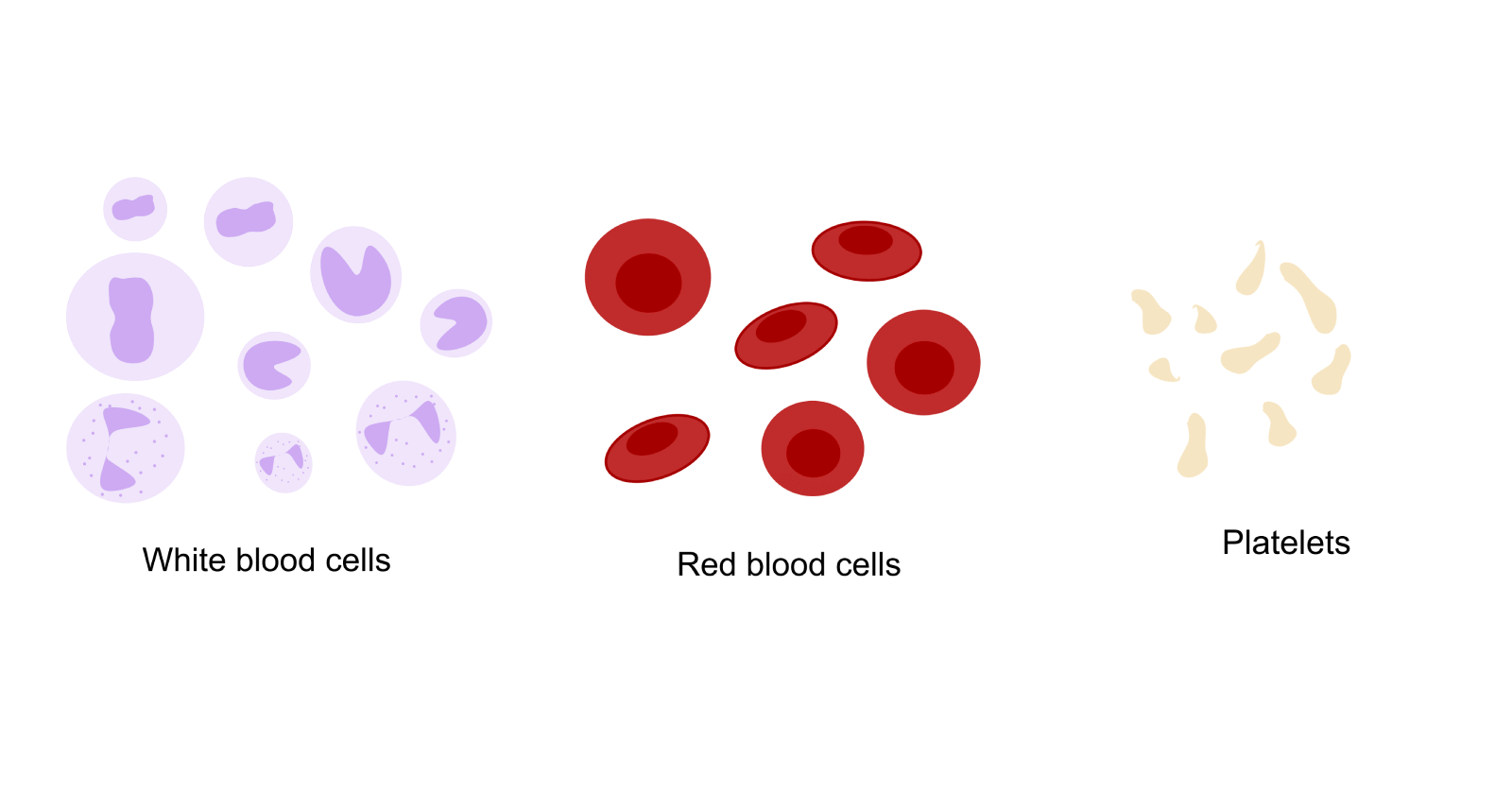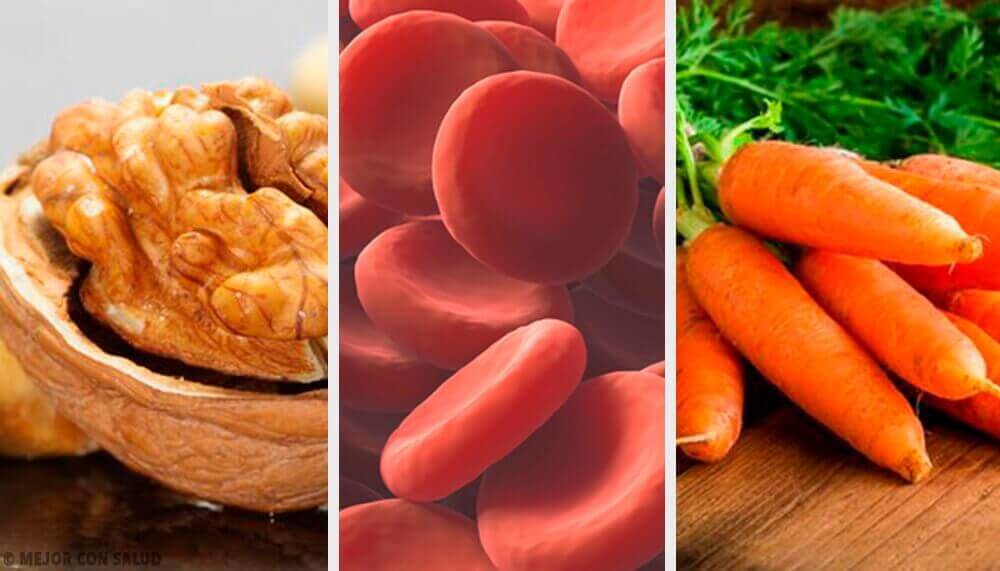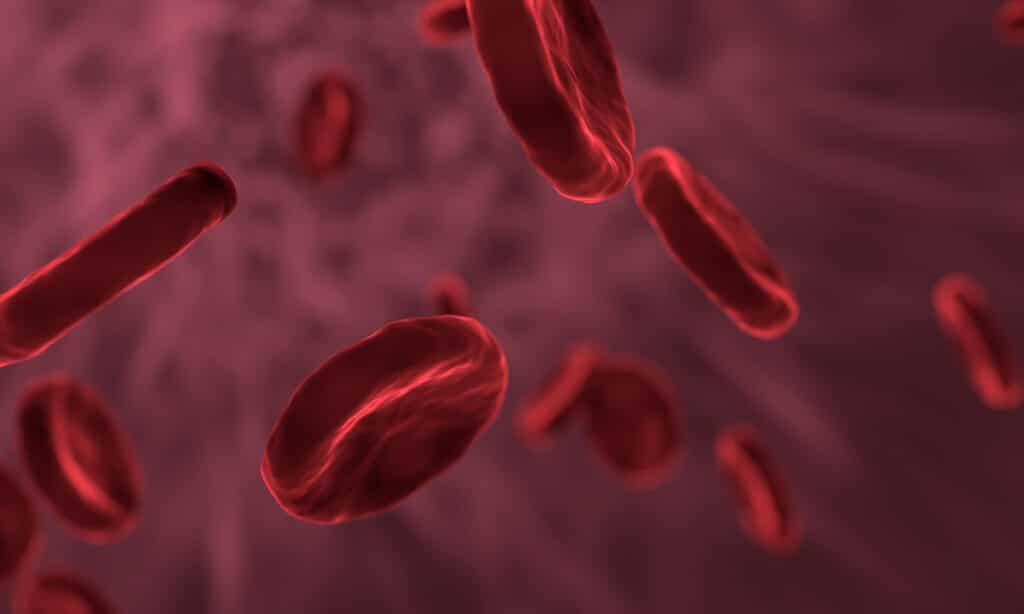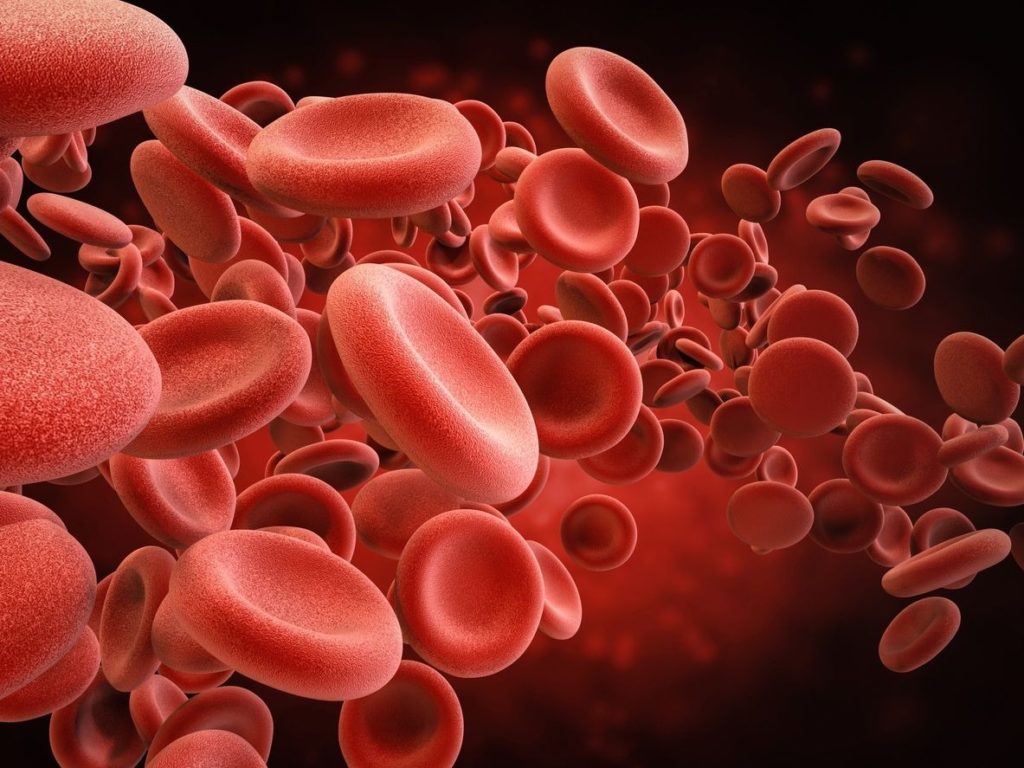Best Tips About How To Increase Red Blood Cells In Dogs

Anemia in dogs is usually a symptom of another underlying medical cause.
How to increase red blood cells in dogs. Find out how to increase red blood cells in dogs with erythropoietin, iron, and other factors. The first thing to understand about anemia in dogs is that it is not a disease in itself. This is because red blood cells carry oxygen, and if there are fewer red blood.
Read on to find out how to treat anemia in dogs, what is regenerative anemia in dogs,. The condition is also referred to as polycythemia, but polycythemia can also imply an. Erythropoietin acts on the marrow in concert with other humoral mediators to increase the number of stem cells entering rbc production, to shorten maturation time and to cause.
Today, our baltimore vets explain how we treat anemia in dogs, which diet options may be ideal and more. It entails an increase in packed cell volume (pcv), hemoglobin concentration (the red pigment of the blood cell), and in red blood cell (rbc) count, above the. When it comes to high red blood cell count in dogs ( polycythemia), what is generally being calculated is a dog's hematocrit which is the volume percentage of red.
Caring for a dog with anemia what is anemia in dogs? There are various types and causes. Bone marrow disease, kidney disease,.
It can impact your dog’s body in many different ways. Learn about the function, production, and disorders of red blood cells in dogs. Anemia occurs when there is a decrease in the number of red blood cells, which can be measured by red blood cell count or hemoglobin concentration.
Depending on your dog’s history and current symptoms, your veterinarian may recommend diagnostic tests, which may range from a complete blood count to. Anemia in dogs is a condition where they have a low red blood cell count, leading to lethargy and weakness. Erythrocytosis is an increase in the amount of red blood cells in the bloodstream.
Rbcs are produced in the bone marrow and carry oxygen to all tissues in. Anemic dogs tend to be tired and lethargic, and sometimes their breathing is rapid and shallow. Consult with your vet for proper diagnosis and treatment.

:max_bytes(150000):strip_icc()/human-red-blood-cells-636211188-5a56676196f7d0003718293b.jpg)
















